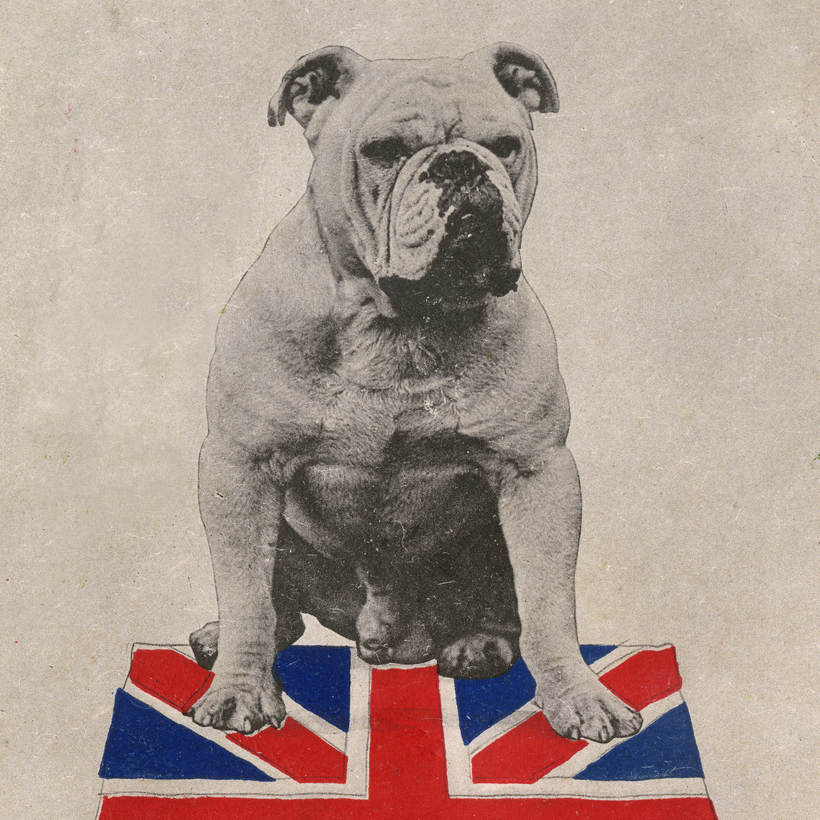After 43 years in the European Union, the British people were asked for the first time whether they wanted to be there. Narrowly, they said no.
The country had gone mad, said half the voters; it had regained its senses, said the rest. Britain had betrayed its best friends, said those who wanted to stay; it had avenged a betrayal, replied those who wanted to go. Brexit had ruined Britain’s economy, or perhaps it had freed it. It was the best of times; it was the worst of times. The only thing everyone agreed on was that Brexit was unprecedented.

